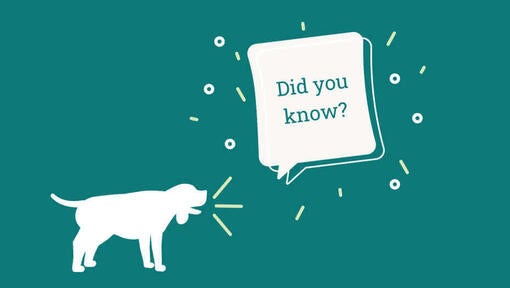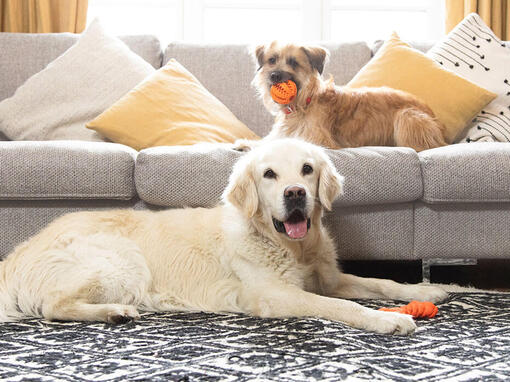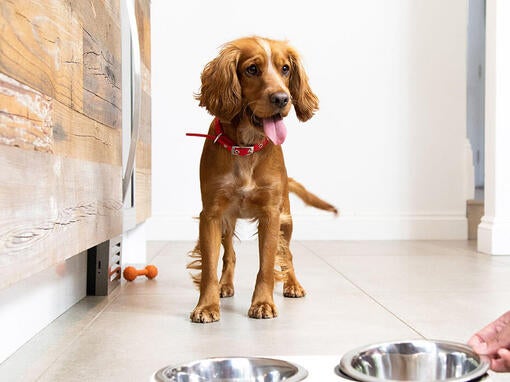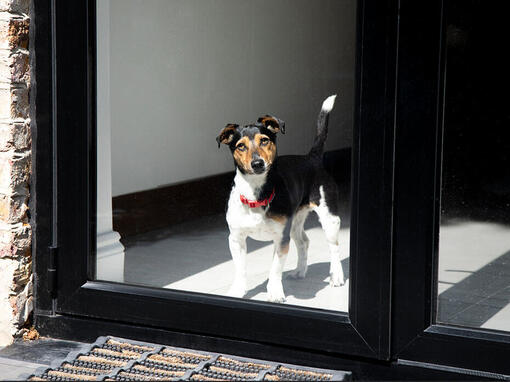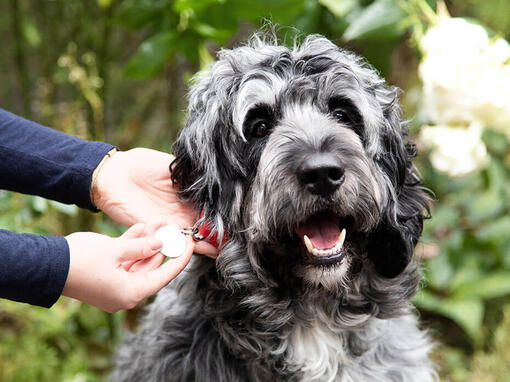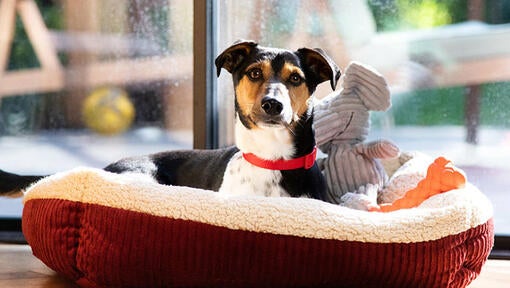Personality
The Boston Terrier is a lively, happy dog that can be quite determined and strong willed. They are usually good with children and love to play, but they can be boisterous and care must be taken that games are not too rough, as they can be prone to injury, especially their eyes. They love human company and make affectionate pets and are outgoing and social to all. While they are called a ‘terrier’ they are not in the terrier group and neither do they behave like one, being far happier at home with their owner than getting into the usual mischief!
The Boston Terrier would suit an owner who enjoys their unconventional appearance and who wants a fun, affectionate companion that doesn’t need much exercise but does want to join in with everything that is going on.




